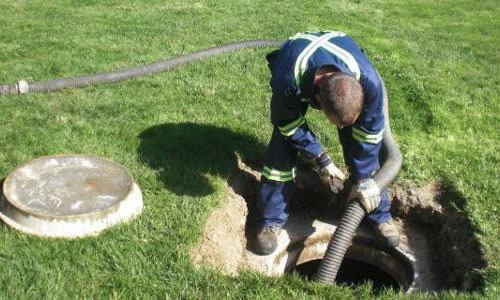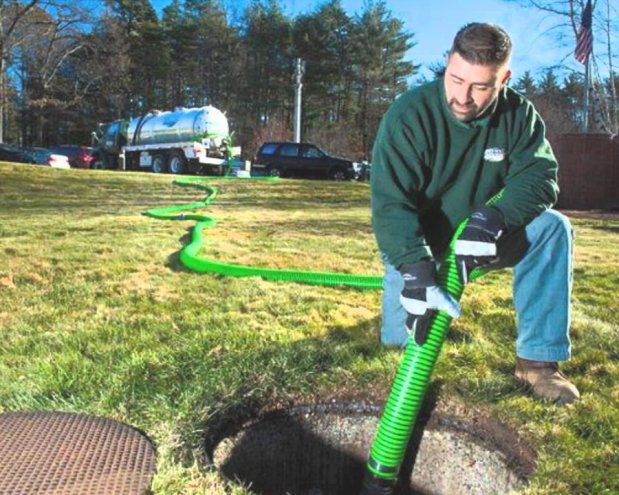
14
If your home isn't connected to a city sewer system, chances are you rely on a septic system to handle your wastewater. While septic systems are designed to be durable and efficient, they do require regular maintenance to function properly. One of the most important aspects of that maintenance is septic tank pumping. But what exactly does that involve, and why is it so important?
A septic tank is a large, underground container that collects and partially treats wastewater from your home. Everything that goes down your toilets, sinks, and drains ends up in the tank. Over time, the solid waste settles to the bottom as sludge, while grease and oils float to the top, forming a scum layer. The clearer liquid in the middle flows out into a drain field, where it’s filtered naturally by soil.
The problem? The sludge and scum don’t go anywhere on their own. If too much builds up, it can clog the tank or damage the drain field. That’s where septic tank pumping comes in.
When you schedule septic tank pumping, a professional technician will arrive with a specialized vacuum truck. Here's what typically happens during the service.
On average, homeowners should schedule septic tank pumping every 3 to 5 years. However, this depends on several factors:
Neglecting regular pumping can lead to expensive problems like sewage backups, foul odors, and even complete system failure—potentially requiring a costly septic tank installation if the tank is beyond repair.
While often used interchangeably, septic tank pumping and cleaning aren’t exactly the same. Pumping removes the liquids and solids from the tank, while cleaning includes a more thorough removal of all residue from the walls and bottom of the tank.
Think of septic tank cleaning as an enhanced form of pumping. A good septic professional will often perform both during the same service to ensure your system stays in optimal condition.
Regular septic maintenance isn’t just a recommendation—it’s essential. Whether your home is new or you’ve recently gone through septic tank installation, staying on top of your pumping schedule will help protect your property, your health, and your wallet.
If you can’t remember the last time you had your septic tank pumped, it’s probably time to schedule a service with Charlotte Septic Pros. Investing in septic tank pumping and septic tank cleaning today can prevent big headaches tomorrow.

12
A single slow drain in your home can feel like a minor inconvenience. Maybe the sink takes a little longer…
Read more
05
Are Slow Drains a Septic Issue or Just a Clog? Slow drains are one of those household problems that start…
Read more
02
What Septic Service Techs See That Homeowners Miss Most homeowners only think about their septic system when something goes wrong.…
Read more
21
Simple Habits That Protect Your Septic System A well-functioning septic system does its job quietly, but the moment something goes…
Read more
14
Pump Now or Pay Later: The Real Cost of Skipping Maintenance A properly functioning septic system is easy to forget…
Read more
11
Why Your Septic System Always Acts Up at the Worst Time Homeowners often feel that septic problems strike at the…
Read more
04
Early Warning Signs Your Septic Tank Needs Pumping For homeowners who rely on a septic system, routine maintenance is not…
Read more
29
Why Does My Septic System Smell Fine One Day and Terrible the Next? If you own a home with a…
Read more
19
Is Your Septic System Overdue? Simple Home Checks You Can Do Today For many homeowners, the septic system is a…
Read more
13
5 Signs Your Septic Tank Is Overdue for Pumping Your septic system works quietly behind the scenes, managing wastewater from…
Read more